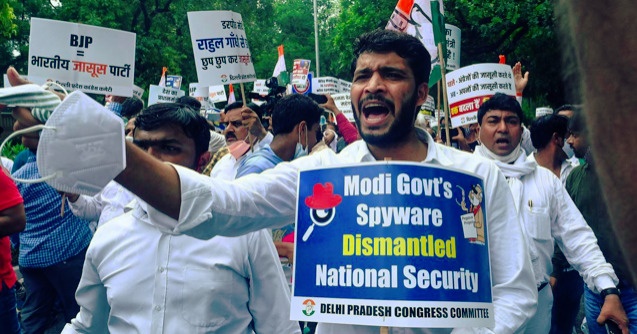The Supreme Court Tuesday struck down one of the provisions of the Benami Transactions (Prohibition) Act of 1988, which provides for the punishment of a maximum jail term of three years or a fine or both for those indulging in benami’ transactions.
The apex court termed the provision unconstitutional on the ground of being manifestly arbitrary .A bench comprising Chief Justice of India NV Ramana, Justice Krishna Murari and Justice Hima Kohli delivered the judgment in an appeal field by the union government against a Calcutta High Court judgment holding that that 2016 amendment Act was prospective in nature
“We hold section 3(2) of the Benami Transactions (Prohibition) Act, 1988 as unconstitutional,” a bench comprising Chief Justice N V Ramana and Justices C T Ravikumar and Hima Kohli said.
Section 3 of the statute deals with the issue of Prohibition of benami transactions and its impugned sub-section (2) says: Whoever enters into any benami transaction shall be punishable with imprisonment for a term which may extend to three years or with fine or with both.

This means concerned authorities cannot initiate or continue criminal prosecution or confiscation proceedings for transactions entered into prior to the coming into force of the 2016 Act, viz., 25.10.2016. As a consequence of the above declaration, all such prosecutions or confiscation proceedings shall stand quashed.
The verdict came on the appeal when the union government challenging the Calcutta High Court judgement in which it was held that the amendment made in the 1988 Act in 2016 would be applicable with prospective effect.
The 1988 Act was made to prohibit benami’ transactions and the right to recover property that is held to be ‘benami’.









